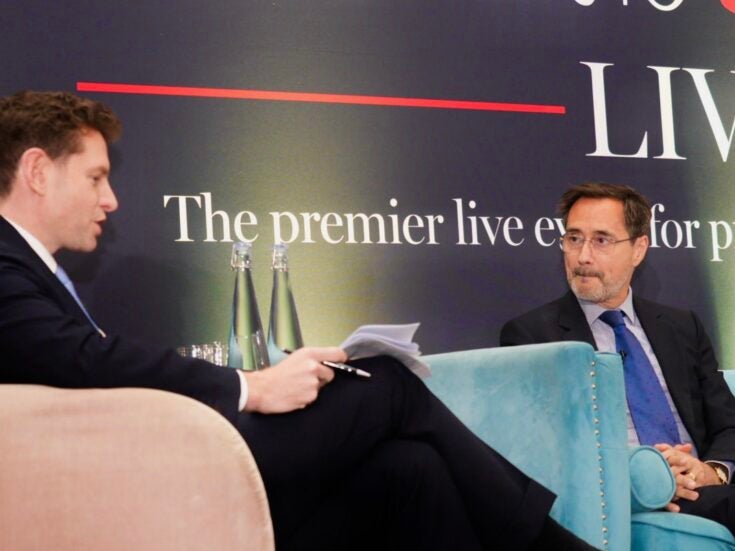
When a marriage dissolves, what happens to the family business? Sarah Whitten of Charles Russell says it’s a monetary matrimonial minefield
RUNNING A FAMILY business can be stressful in the best of economic times. Running a family business in more challenging economic times can cause the breakdown in family relationships. Where those running a business are married divorce can loom as large as the creditor as a threat to the survival of the enterprise.
So what can be done about it? Short of reconciliation if a couple are going to split then it will usually be in both their interests to minimise the effect on the business or at least on its ability to make a profit. When trust has broken down this is easier said than done.
Advice should be taken at the earliest stage. Partnership and company law may be involved as well as matrimonial law and tax advice will be important. If there are other partners or shareholders their views on how to continue will be critical. At an early stage if possible an agreement should be reached to preserve the asset in the short term until an agreement can be reached as to how to divide it and the other assets in the case. It may be roles have to be divided or delegated to staff to avoid friction.
The first step in sorting out matrimonial assets (whether family businesses, properties or other capital) will be to decide what they are worth. A couple will need to decide how best to value their family business and will need accountants’ advice on this. A business may well not be sellable on the open market and the value may be in the people running it. There will be an expectation that one expert valuer only will be needed and it is important for the couple to try to agree by whom and with what instructions the expert should value the business.
There is a duty of full and frank disclosure of all financial information which will cover both personal and business assets. If one person has been involved in discussions about a sale of the business or their share in it that must be disclosed or there is a risk that any deal done will be unpicked later. If one person has been much more involved than the other in running the business then they must provide the other with all the information they have and deal with any inquiries that he or she or their adviser has.
Once the disclosure process is complete and a valuation of the business is agreed then discussions can take place as to how the business is to be divided. This will be in the context of the overall assets in the case. A number of factors will come into play. Contributions made by each of a couple to the business and to family life will be important. The origin of the family business will be important (has it been in the wife’s family for years or was it bought by the husband a couple of years ago?).
What are the needs of the couple going forward for income or capital? Can they afford to keep the business if its income stream is not very good or would selling it be killing the golden goose that lays the eggs? What do the couple want and what is realistic? If they are before a judge he or she will strive to make a fair decision and have in mind that it may not be fair for one person to exit with all the copper bottomed assets such as the family house whilst the other retains only the risk laden business assets. They may both need to be shared.
NOT ONLY ONGOING customer/client relationships are critical but also the couple’s relationship themselves. If they cannot be in a room together even the splitting of their business is going to be difficult to manage. Even more than other couples they will have to look at ways to minimise the conflict to achieve a fair settlement in a civilised way.
If they wish to continue to work together they may well want to consider using alternative processes of dispute resolution such as mediation or collaborative law. Some businesses will have used mediation if they have been involved in litigation previously and the participants may be familiar with the process. A couple can work with their mediator to try out various options to settle their financial arrangements and reality test them.
Collaborative law allows participants with the help of their lawyers to explore options for settlement at a series of round table meetings. Both methods can allow couples to try out creative solutions to difficult problems which may work for them and their businesses. They will usually resolve their arrangements more quickly. Their lines of communication should also be preserved. That will help if they are to continue to work together or if one of them is to retain an interest in the business even if they are no longer to be involved in the day to day running of it.
Sarah Whitten is a Partner and family law expert at Charles Russell LLP






